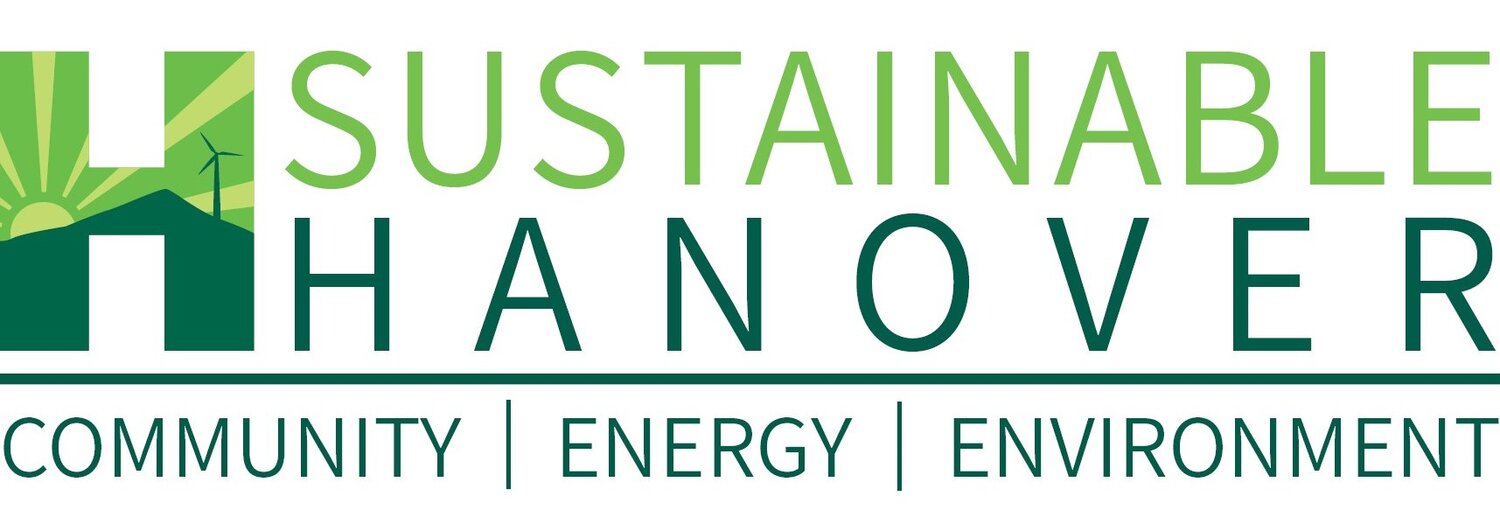WHO KNEW the Coffee You Choose Can Help Save Birds?
The Cornell Lab of Ornithology’s recent report on the State of Birds (https://www.birds.cornell.edu/home/u-s-bird-populations-continue-alarming-decline-new-report-finds/) paints a grim picture for our feathered friends. From species on the verge of extinction to common species in serious decline, bird populations are in trouble. Fortunately, there are simple things we can do to help turn things around.
First, and this will be a tough one for some cat lovers, keep your cat indoors. Cats, including unowned feral cats, kill 2.4 billion birds annually in North America. Cats are the second leading cause of bird fatalities after habitat loss. If you’re determined to let your cat out, consider building a catio ( https://catiospaces.com) which resembles a giant, outdoor gerbil cage for your cat. Other tips for cat owners who care about bird welfare can be found here: https://abcbirds.org/catio-solutions-cats/.
Second, protect birds from your windows. Bird collisions with windows kill approximately 1 billion birds annually in North America. Birds see the sky and trees reflected in the window and think it is their habitat. There are several ways you can disrupt the reflection in your windows to deter birds from flying into them. Go to: https://abcbirds.org/solutions/prevent-home-collisions/ to learn how to make your windows safe for birds.
Third, buy coffee that helps protect bird habitat. Dozens of species of North American songbirds spend the winter in tropical forests in South America, but many of their populations are in decline. Modernization has allowed for an increase in sun-tolerant coffee beans, which have a higher yield than traditional, shade-grown coffee. But to plant sun-grown coffee, tropical forests are cut down, wildlife habitat is lost, and artificial pesticides and fertilizers are used. You can help reverse this trend by purchasing bird-friendly certified coffee. Go to: https://nationalzoo.si.edu/migratory-birds/where-buy-bird-friendly-coffee, for more information.
Fourth, replace lawns with native plants. Lawns provide little to no benefit to birds or native insects. Native plants provide food, refuge, and nesting opportunities. Try converting a section of your lawn to native shrubs and perennials. Go to: https://www.audubon.org/native-plants for information on what to plant.
Aside from their visual and auditory beauty, birds are an essential link in the ecosystem which makes our planet habitable for all living things, including people.
